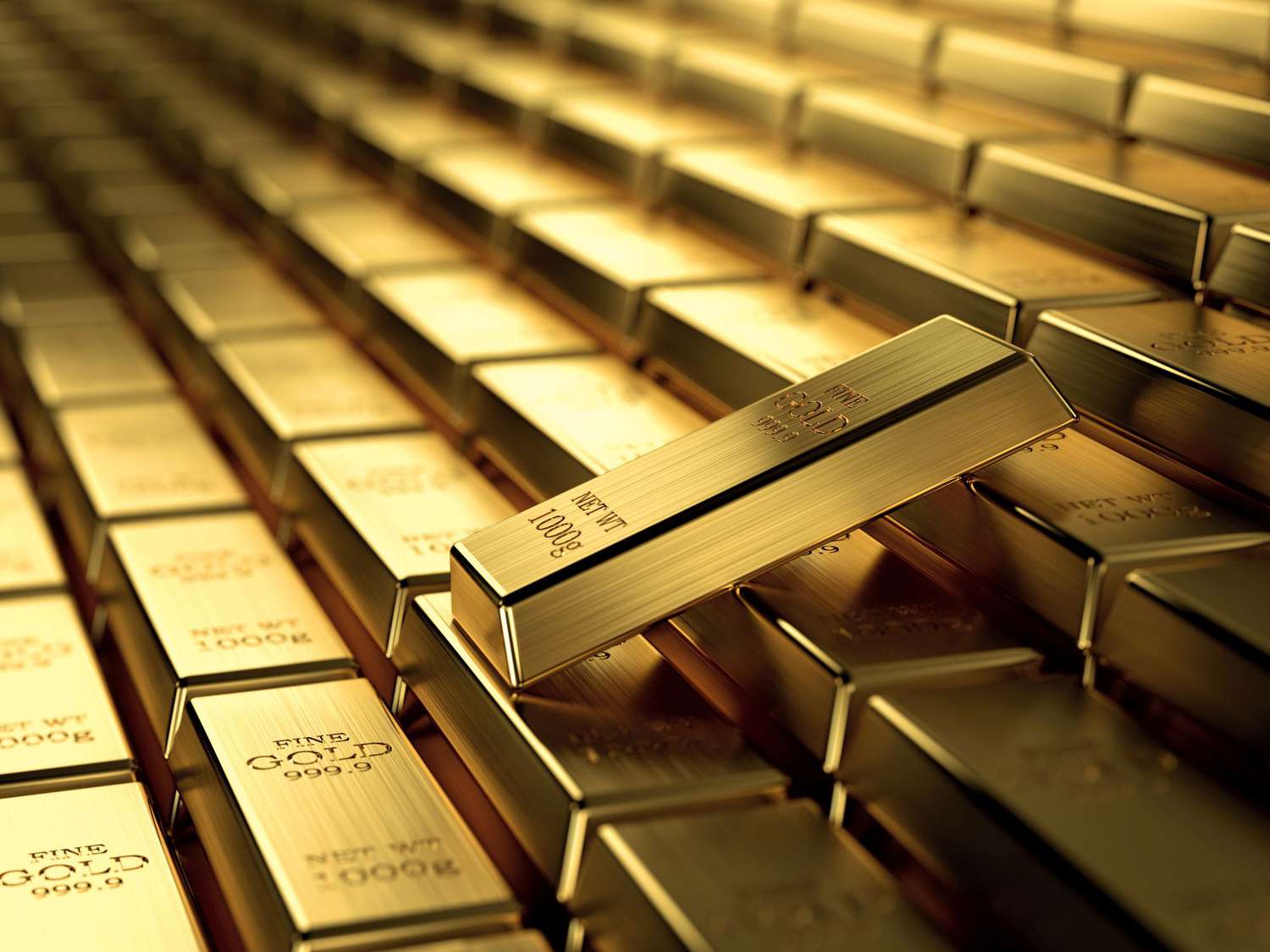

Articles
How To Store Precious Metals
Modified: January 18, 2024
Discover expert articles on how to store and protect your precious metals. Learn essential tips and techniques for safeguarding your investments.
(Many of the links in this article redirect to a specific reviewed product. Your purchase of these products through affiliate links helps to generate commission for Storables.com, at no extra cost. Learn more)
Introduction:
As the value of precious metals continues to rise, it is crucial to ensure their safekeeping. Whether you are a seasoned investor or an individual with a collection of gold, silver, or other precious metals, proper storage is essential to protect your assets from theft, damage, and environmental factors.
In this article, we will explore the importance of proper storage for precious metals and provide guidance on the factors to consider when choosing a storage method. We will discuss both home storage options and off-site storage services, as well as the necessary safety measures and insurance considerations.
By following the guidelines outlined in this article, you will be able to make informed decisions about maintaining the security and integrity of your precious metal investments.
Key Takeaways:
- Proper storage of precious metals is essential to protect against theft, damage, and loss. Evaluate security, accessibility, and insurance coverage when choosing storage options to safeguard your investments.
- Regular maintenance, documentation, and insurance reviews are crucial for preserving the value and integrity of precious metals. Implementing these practices ensures long-term security and peace of mind.
Read more: How To Store Metal Files
Importance of Proper Storage:
Effective storage of precious metals is crucial for several reasons. Firstly, these metals are highly valuable and sought after, making them attractive targets for theft. By implementing proper storage measures, you can significantly reduce the risk of losing your investment to burglaries or criminal activities.
Furthermore, precious metals are susceptible to damage from environmental factors such as moisture, extreme temperatures, and exposure to chemicals. Over time, these factors can cause corrosion, tarnishing, and loss of value. By providing a controlled storage environment, you can minimize the impact of these elements and ensure the longevity of your precious metal collection.
Another important aspect of proper storage is preserving the authenticity and quality of the metals. Counterfeit bullion and fake coins are unfortunate realities in the market. By storing your precious metals securely, you can reduce the risk of unknowingly acquiring counterfeit items and protect the integrity of your collection.
Lastly, for those who plan to sell their precious metals in the future, proper storage helps maintain their market value. Potential buyers are more likely to invest in metals that have been well cared for and stored in optimal conditions. By showcasing your commitment to proper storage practices, you can potentially increase the value and desirability of your collection.
Overall, proper storage is essential to safeguard your precious metal assets, prevent theft, protect against environmental damage, preserve authenticity, and maintain their market value. Investing in secure storage solutions is a small price to pay for the peace of mind that your precious metals are safe and protected.
Factors to Consider Before Storing:
Before selecting a storage method for your precious metals, there are several factors you should consider to ensure the security and longevity of your investments:
- Security: The primary concern when it comes to storing precious metals is security. Look for storage options that have robust security measures in place, such as surveillance cameras, alarm systems, and restricted access. Consider the reputation and track record of the storage provider to ensure their facilities are secure.
- Accessibility: Consider how easily you can access your precious metals when needed. If you opt for off-site storage, ensure that the storage facility allows convenient access to your assets, either through scheduled appointments or online account management.
- Storage Capacity: Assess the amount of storage space required for your precious metal collection. If you have a small collection, a secure safe or a safety deposit box may suffice. However, for larger collections, you may need more spacious options, such as a private vault or a professional storage service.
- Insurance: Determine whether your storage method provides insurance coverage for your precious metals. In case of theft, damage, or loss, having insurance will provide financial protection and peace of mind. If your selected storage method does not offer insurance, explore options for separate coverage.
- Privacy: Consider the level of privacy offered by your chosen storage method. If confidentiality is a concern for you, opt for storage solutions that prioritize discretion and confidentiality for their clients.
- Cost: Evaluate the cost associated with different storage options. Compare the fees charged by various storage providers, taking into account factors such as security, insurance coverage, and convenience. Remember that while cost is important, it should not be the sole deciding factor.
- Location: Consider the location of the storage facility. If you prefer off-site storage, choose a facility that is easily accessible and within a reasonable distance from your home or place of business. This will make it more convenient for regular inspections or withdrawals.
- Reputation: Research and evaluate the reputation and credibility of your chosen storage method. Read reviews, seek recommendations, and ensure that the storage provider has a proven track record of reliability and customer satisfaction.
By considering these factors, you can make an informed decision about the most suitable storage method for your precious metals. Taking the time to assess your needs and prioritize security and accessibility will help ensure that your investments are well-protected.
Choosing the Right Storage Method:
When it comes to storing precious metals, there are various options available, each with its own advantages and considerations. Here are some popular storage methods to consider:
- Home Storage: Storing precious metals at home can provide convenience and immediate access to your assets. Options include a secure safe, a safety deposit box at a local bank, or a hidden storage compartment. Ensure that your home storage method is secure, fire-resistant, and discreet. However, keep in mind that there may be limitations on insurance coverage for precious metals stored at home, and it may attract additional risks like theft or damage from environmental factors.
- Private Vault: Private vaults are specially designed and highly secure storage facilities that cater to individuals seeking ultimate security for their precious metals. These vaults offer advanced security measures, including biometric access controls, round-the-clock surveillance, and private storage lockers. Private vaults provide the highest level of protection, but cost may be a significant consideration.
- Bank Safety Deposit Box: A safety deposit box at a reputable bank can be a secure option for storing your precious metals. Banks typically have stringent security measures and provide insurance coverage for the items stored in their safety deposit boxes. However, accessibility may be limited to banking hours and may involve additional fees.
- Off-Site Storage Services: There are specialized storage services that cater specifically to precious metals. These services offer secure storage facilities with various security features and insurance options. They typically provide easy access to the stored assets and offer a range of storage options based on your needs and preferred location.
- Professional Storage Services: Companies that specialize in secure storage and logistics can offer comprehensive solutions for storing precious metals. They ensure proper handling, transit, and storage of your assets using secure facilities and transportation methods. These providers often come with additional services like inventory management, metal testing, and online account management.
When choosing the right storage method, consider factors such as the level of security provided, accessibility, insurance coverage, cost, and your personal preferences. Assess the pros and cons of each option and select the method that best meets your needs while prioritizing the security and integrity of your precious metals.
It is also advisable to consult with experts or professionals who can provide guidance based on their experience and knowledge of the industry. They can help you make an informed decision and ensure that your precious metals are stored in the most appropriate and secure manner.
Home Storage Options:
If you prefer the convenience and accessibility of storing your precious metals at home, there are several options you can consider. Here are some common home storage methods:
- Secure Safe: Investing in a high-quality safe is one of the most effective ways to store your precious metals at home. Look for safes that are specifically designed for storing valuable items, such as those made from solid steel with advanced locking mechanisms. Ensure that the safe is securely bolted to the floor or wall to prevent it from being easily removed during a theft.
- Safety Deposit Box: Many banks offer safety deposit boxes for rent, providing a secure option for storing your precious metals. These boxes are typically located in a heavily secured area within the bank and require dual key access. Safety deposit boxes provide an added layer of protection against theft and can also offer insurance coverage through the bank.
- Hidden Storage: For added discretion, you may consider creating hidden storage compartments within your home. These can be custom-built or purchased as concealed furniture or wall panels. Hidden storage options can provide an extra layer of security by keeping your precious metals out of sight, reducing the risk of theft.
Regardless of the specific home storage method you choose, there are some important safety measures to keep in mind:
- Secrecy: Do not disclose information about your home storage arrangements to anyone who does not need to know. The fewer people who are aware of your precious metals’ location, the lower the risk of attracting unwanted attention.
- Discretion: Avoid bragging or showing off your precious metal collection publicly. Keeping a low profile can help reduce the risk of becoming a target for theft.
- Documentation: Maintain detailed records of your precious metal holdings, including photographs, descriptions, and purchase receipts. This documentation will be crucial for insurance purposes in case of loss, theft, or damage.
- Organisation: Keep your precious metals well-organized and separated to prevent scratching or damage. Use protective sleeves, capsules, or holders to preserve the quality of individual pieces.
- Regular Maintenance: Periodically inspect your home storage area and your precious metals for signs of damage, corrosion, or other issues. Regular maintenance and cleaning will help maintain the integrity and value of your investments.
- Insurance: Contact your insurance provider to ensure that your homeowner’s or renter’s insurance covers the full value of your precious metal collection. If needed, consider obtaining additional insurance specifically for your precious metals.
Remember that while home storage offers convenience, it is important to assess the potential risks and limitations. Implementing proper security measures will help minimize those risks and provide peace of mind for your precious metal collection.
Safety Measures for Home Storage:
When storing your precious metals at home, it is crucial to implement proper safety measures to ensure the security and protection of your investments. Here are some important safety measures to consider:
- Invest in a High-Quality Safe: Purchase a secure safe that is specifically designed for storing valuable items. Look for safes made from solid steel with strong locking mechanisms. Choose a safe that is fire-resistant and can be securely bolted to the floor or wall to prevent it from being easily removed during a theft.
- Choose a Discreet Location: Place your safe or storage area in a discreet location within your home. Avoid obvious spots and consider concealing it within a wall, floor, or disguised as furniture. This will reduce the chance of your precious metals being discovered by potential intruders.
- Inform Trusted Individuals: Only share information about your home storage arrangements with trusted family members or individuals who need to know. Be cautious about sharing details with acquaintances or people outside your close circle to minimize the risk of unauthorized access or theft.
- Additional Security Measures: Consider installing a security system in your home, including surveillance cameras, motion sensors, and alarms. These measures can act as a deterrent and provide added protection for your precious metals.
- Diversify the Storage Locations: If you have a large collection of precious metals, consider spreading them across different storage locations in your home. This will prevent a single point of failure in case of a theft or damage incident.
- Keep a Low Profile: Avoid discussing or showing off your precious metal collection publicly or on social media platforms. Keeping a low profile will help minimize the risk of attracting attention from potential thieves.
- Regular Inspections: Schedule regular inspections of your home storage area to ensure that the security measures are functioning properly. Check for signs of tampering, damage, or any issues that might compromise the safety of your precious metals.
- Secure Important Documentation: Keep detailed records of your precious metal holdings, including photographs, descriptions, and purchase receipts. Store these documents separately and securely to have evidence in case of insurance claims or investigations.
- Insurance Coverage: Review your homeowner’s or renter’s insurance policy to determine the coverage for your precious metal collection. If needed, consider obtaining additional insurance specifically for your valuable assets.
Implementing these safety measures will greatly enhance the security of your precious metals when stored at home. However, it is important to remember that no storage method is entirely foolproof. Therefore, regularly reevaluate your storage arrangements and consider professional storage services or vaults for added security if your collection grows significantly or if you have higher security needs.
Store precious metals in a secure and fireproof safe or vault to protect them from theft and damage. Consider using a safety deposit box at a bank for added security.
Off-Site Storage Options:
If you prefer to keep your precious metals secure and protected outside of your home, there are several off-site storage options available. These options provide specialized facilities with advanced security features and professional services. Here are some common off-site storage options to consider:
- Private Vaults: Private vaults are highly secure storage facilities specifically designed to safeguard valuable assets, including precious metals. These facilities often employ state-of-the-art security systems, including biometric access controls, multiple layers of authentication, and round-the-clock surveillance. Private vaults offer secure storage lockers or even customized storage solutions based on your specific needs.
- Bank Safe Deposit Boxes: Many banks offer safe deposit boxes for clients to securely store their valuable items. Bank safe deposit boxes are housed within the bank’s highly secure vaults and come in various sizes to accommodate different storage needs. Banks typically have stringent security protocols and insurance coverage options for items stored in their safe deposit boxes.
- Specialized Storage Services: There are storage services that specifically cater to precious metals and offer secure storage facilities. These services often provide advanced security systems, such as digital surveillance, sophisticated alarm systems, and well-trained security personnel. They may also offer services like inventory management, metal testing, and online account access for added convenience.
When considering off-site storage options, there are a few key factors to keep in mind:
- Security Measures: Research and assess the security measures implemented by the storage facility or service. Look for features such as 24/7 surveillance, restricted access controls, alarm systems, and comprehensive insurance coverage.
- Location: Consider the location of the off-site storage facility. Choose a facility that is easily accessible and within a reasonable distance from your home or business. This will ensure convenience when you need to visit or retrieve your precious metals.
- Service Reputation: Look for storage options with a solid reputation and positive customer reviews. Research the track record, credibility, and longevity of the storage service provider to ensure they have a proven record of secure storage and customer satisfaction.
- Insurance Coverage: Verify if the off-site storage option offers insurance coverage for your stored precious metals. Inquire about the terms of the coverage, including coverage limits, deductibles, and any exclusions that may apply.
- Fee Structure: Consider the cost of the off-site storage service, including any membership fees, monthly charges, or security deposit requirements. Compare the fees across different providers to ensure you are getting the best value for the level of security and service offered.
- Accessibility: Assess the accessibility options provided by the off-site storage service. Consider whether they offer convenient hours of operation or online account management for easy tracking or handling of your precious metal collection.
By carefully considering these factors, you can choose the most suitable off-site storage option that meets your security needs and offers peace of mind for the protection of your precious metals.
Professional Storage Services:
For individuals looking for a comprehensive and specialized solution for storing their precious metals, professional storage services can provide an optimal choice. These services are specifically designed to offer secure and efficient storage solutions for valuable assets. Here are some key features and benefits of professional storage services:
- Secure Facilities: Professional storage services utilize highly secure facilities equipped with advanced security systems, including surveillance cameras, motion detectors, and access control mechanisms. These facilities are designed to protect against theft, unauthorized access, and environmental damage.
- Professional Handling: Storage services often have experienced and trained professionals who specialize in the proper handling and storage of precious metals. They understand the unique requirements and sensitivity of these assets and ensure they are stored in optimal conditions.
- Inventory Management: Professional storage services offer inventory management solutions, allowing you to keep track of your precious metal holdings. They can provide detailed reports, account statements, and even online access to your inventory, making it convenient for you to monitor and manage your assets.
- Metal Testing and Certification: Some storage services may offer metal testing and certification services to verify the authenticity and quality of your precious metals. This can give you added confidence in the value and legitimacy of your collection.
- Redundancy and Disaster Recovery: Professional storage services often have robust redundancy and disaster recovery plans in place. This ensures that your precious metals are protected even in unexpected events such as natural disasters or system failures.
- Convenience and Accessibility: Many professional storage services offer convenient access to your stored precious metals. They may have designated client areas or private viewing rooms where you can inspect or retrieve your assets, often by appointment or through online account management.
- Insurance Coverage: Professional storage services typically provide comprehensive insurance coverage for your stored precious metals. This coverage can protect against risks such as theft, damage, or loss, providing you with added financial security.
When choosing a professional storage service, it is important to conduct thorough research and consider the following factors:
- Reputation and Trustworthiness: Look for storage services with a solid reputation and a history of secure and reliable operations. Seek recommendations, read reviews, and make sure the company is well-established in the industry.
- Security Measures: Evaluate the security measures implemented by the storage service provider. This includes physical security features, such as surveillance systems and access controls, as well as cybersecurity measures to protect your data.
- Insurance and Liability Coverage: Review the terms and extent of the insurance coverage provided by the storage service. Ensure that it adequately protects the value of your precious metals and inquire about any limitations or exclusions that may apply.
- Service Fees: Consider the cost of the storage service, including any upfront fees, monthly charges, or account maintenance costs. Compare the pricing structure across different providers to ensure you are getting a competitive and fair deal.
- Location and Accessibility: Assess the location of the storage facility and the convenience of accessing your stored precious metals. Consider factors such as distance, operating hours, and the availability of appointment-based visits or online account management.
By carefully considering these factors and selecting a reputable and reliable professional storage service, you can enjoy the peace of mind that comes with knowing your precious metals are stored securely and professionally.
Insurance and Documentation:
When it comes to storing precious metals, insurance and documentation play crucial roles in protecting your assets and providing financial security. Here are important considerations regarding insurance coverage and documentation:
Insurance Coverage:
Insurance coverage for your stored precious metals is essential to safeguard against potential financial loss due to theft, damage, or loss. Here are some key points to consider:
- Review your existing insurance policies: Start by reviewing your homeowner’s or renter’s insurance policy to determine if it provides coverage for your precious metals. Note that coverage limits and exclusions may apply, so it’s crucial to understand the terms and conditions.
- Specialized insurance policies: If your existing insurance falls short or does not provide adequate coverage, consider obtaining a specialized insurance policy specifically designed for storing and protecting precious metals. These policies typically offer comprehensive coverage with higher limits and fewer exclusions.
- Assess the insurance terms: Understand the coverage limits, deductibles, and any specific requirements that the insurance policy may have. Seek clarification on aspects like claims processes, appraisal requirements, and factors that could potentially void the coverage.
- Appraisal and valuation: Take the time to appraise your precious metal collection and accurately assess its value. This will help you determine the appropriate coverage amount for your insurance policy. Consider obtaining professional assessments or seek guidance from reputable appraisers who specialize in precious metals.
- Keep records and documentation: Maintain detailed records of your precious metal holdings, including photographs, descriptions, and purchase receipts. These records will be crucial in the event of an insurance claim, providing evidence of ownership and the value of your assets.
- Periodic insurance updates: Regularly reassess the value of your precious metals and update your insurance coverage as needed. Precious metal prices can fluctuate, so it’s important to stay current with market values to ensure you have adequate coverage.
Documentation:
Proper documentation is essential to establish proof of ownership and to facilitate insurance claims, sales, or transfers of your precious metals. Here are some key aspects to consider:
- Purchase receipts and invoices: Keep copies of purchase receipts and invoices for all your precious metal acquisitions. These documents serve as proof of ownership and can be used to establish the value of your assets.
- Product details and certifications: Maintain detailed information about each individual piece or bullion, including its weight, purity, and relevant certifications. This documentation helps establish the authenticity and quality of your precious metals.
- Photographic documentation: Take clear and detailed photographs of your precious metal items, capturing any notable markings, engravings, or unique features. These photographs can be crucial for documentation purposes and for providing evidence in the event of damage or loss.
- Inventory lists: Keep an updated inventory list of your precious metal holdings, including descriptions, quantities, and current values. This list serves as a comprehensive record of your collection and helps ensure that no items are overlooked.
- Secure storage of documents: Store your documentation securely in a separate location from your precious metals. Consider using fire-resistant safes or digital storage options to protect against loss or damage due to unexpected events.
By ensuring proper insurance coverage and maintaining comprehensive documentation, you can protect the value and integrity of your precious metal assets. These measures provide peace of mind and are invaluable in the event of any unfortunate circumstances that may arise.
Read more: How Much Is A Metal Carport
Regular Maintenance and Inspection:
Regular maintenance and inspection of your precious metals storage is crucial to ensure their ongoing security, protection, and value. Here are important practices to consider for maintaining and inspecting your stored precious metals:
- Cleaning: Regularly clean your precious metal items to remove dirt, dust, and any potential contaminants. Follow best practices for cleaning each type of metal, using non-abrasive materials and specialized cleaning solutions if necessary.
- Preventing tarnish and corrosion: Take precautions to prevent tarnish and corrosion, which can affect the appearance and value of your precious metals. Store them in anti-tarnish pouches or sleeves and avoid exposure to moisture, humidity, and chemicals.
- Visual inspections: Conduct visual inspections on a regular basis to check for any signs of damage, corrosion, or tampering. Look for scratches, dents, discoloration, or any irregularities that may compromise the quality or integrity of your precious metals.
- Expert assessments: Periodically seek the expertise of professionals, such as gemologists or appraisers, to assess the condition and authenticity of your precious metal items. They can provide insights, recommendations, and additional documentation for your records.
- Documenting changes: Keep detailed records of any changes or updates to your precious metals collection, including additions, sales, or transfers. This documentation helps to track the history and value of your assets.
- Security checks: Regularly review the security measures in place for your storage area. Ensure that alarm systems, surveillance cameras, and access controls are functional and in good working condition. Make any necessary upgrades or repairs to maintain optimal security.
- Insurance reviews: Periodically review your insurance coverage for your precious metals. Assess whether any changes or updates are needed based on fluctuations in the value of your collection. Consult with your insurance provider to ensure your coverage is sufficient.
- Reevaluating storage options: Continuously assess your storage needs and consider whether your current storage method is still adequate. If your precious metal collection grows or if you have increased security concerns, you may need to explore alternative storage options, such as professional storage services.
- Regular inventory audits: Conduct regular audits of your precious metal inventory to ensure that it matches your inventory records. This helps identify any discrepancies or potential issues, allowing for prompt resolution or investigation.
By incorporating regular maintenance and inspection into your storage routine, you can identify and address any issues early on, ensuring the ongoing security and integrity of your precious metals. Additionally, regular maintenance and inspections can help you stay informed about the condition and value of your assets.
Conclusion:
Proper storage of precious metals is crucial to protect your investments and ensure their long-term security and value. Whether you choose to store them at home or opt for off-site storage options, there are several important considerations to keep in mind.
When storing precious metals, prioritize security measures to safeguard against theft, damage, and loss. Evaluate the options available, such as secure safes, safety deposit boxes, private vaults, or professional storage services, based on their security features, accessibility, reputation, and insurance coverage.
Documentation is equally important. Maintain detailed records of your precious metal holdings, including purchase receipts, invoices, product details, certifications, and photographs. This documentation serves as evidence of ownership and assists with insurance claims and potential sales or transfers.
Regular maintenance and inspections are essential to ensure the ongoing protection and integrity of your precious metals. Clean and care for your items, conduct visual inspections, and seek expert assessments periodically to prevent damage and verify authenticity.
Review your insurance coverage regularly and adjust it as needed to adequately protect the value of your precious metals. Understand the terms and conditions of your insurance policy, and consider obtaining specialized insurance coverage if necessary.
By implementing these practices and taking a proactive approach to storage and maintenance, you can have peace of mind knowing that your precious metals are well-protected and preserved. Whether you are an investor or a collector, proper storage measures and care for your precious metals will ensure their value and enhance your overall financial security.
Frequently Asked Questions about How To Store Precious Metals
Was this page helpful?
At Storables.com, we guarantee accurate and reliable information. Our content, validated by Expert Board Contributors, is crafted following stringent Editorial Policies. We're committed to providing you with well-researched, expert-backed insights for all your informational needs.
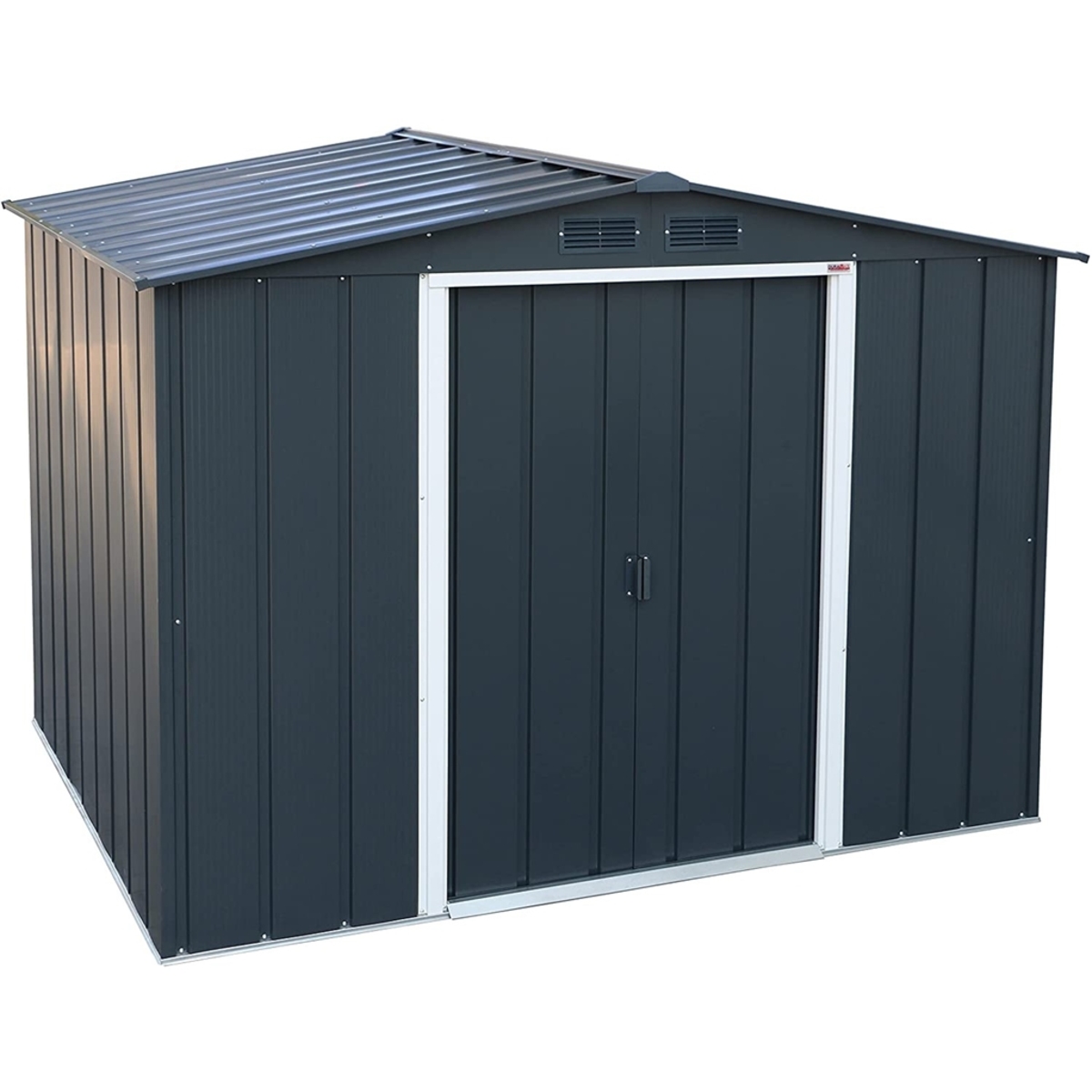

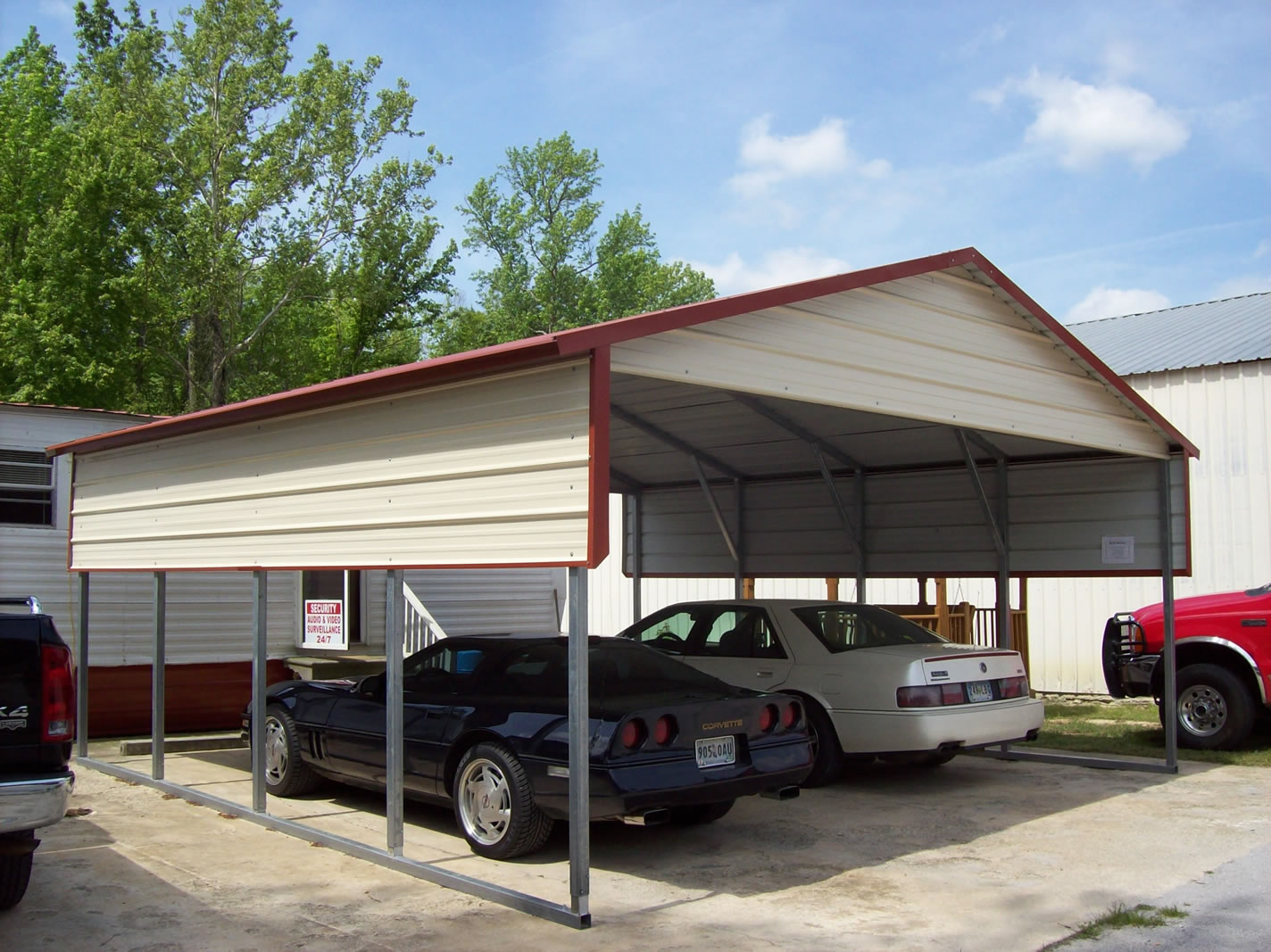

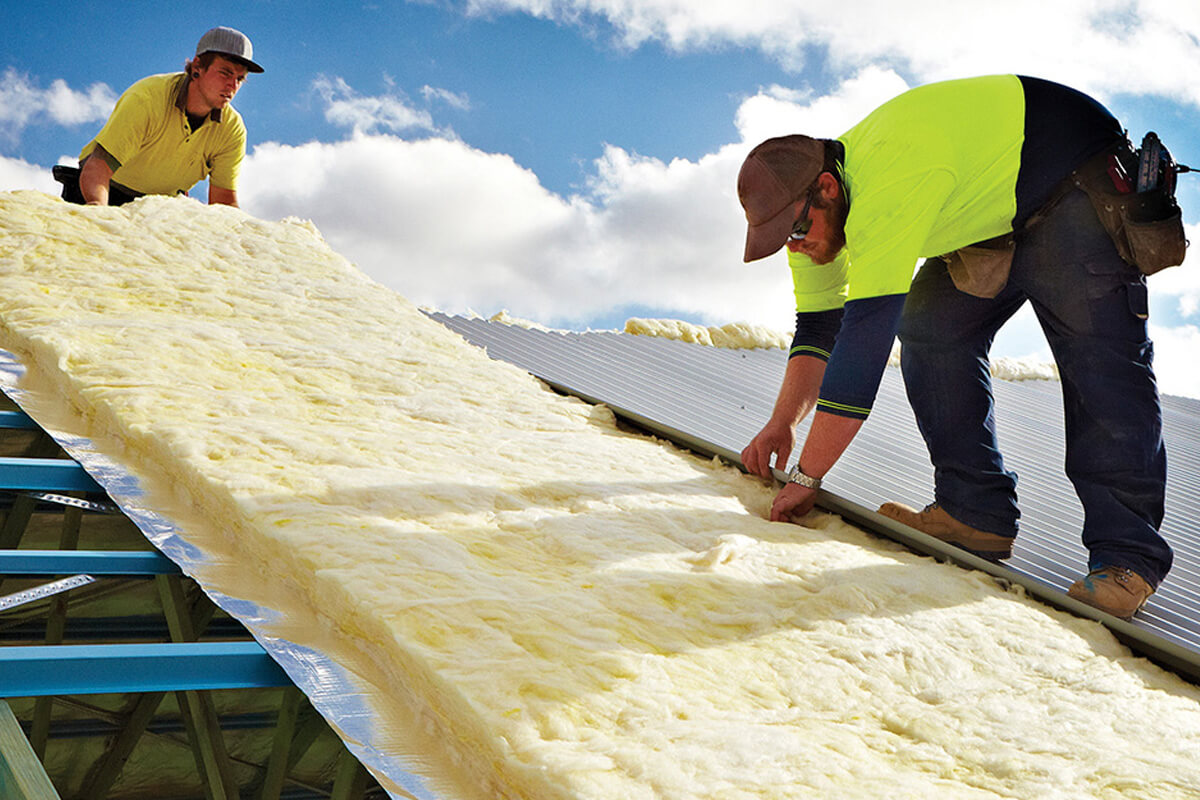
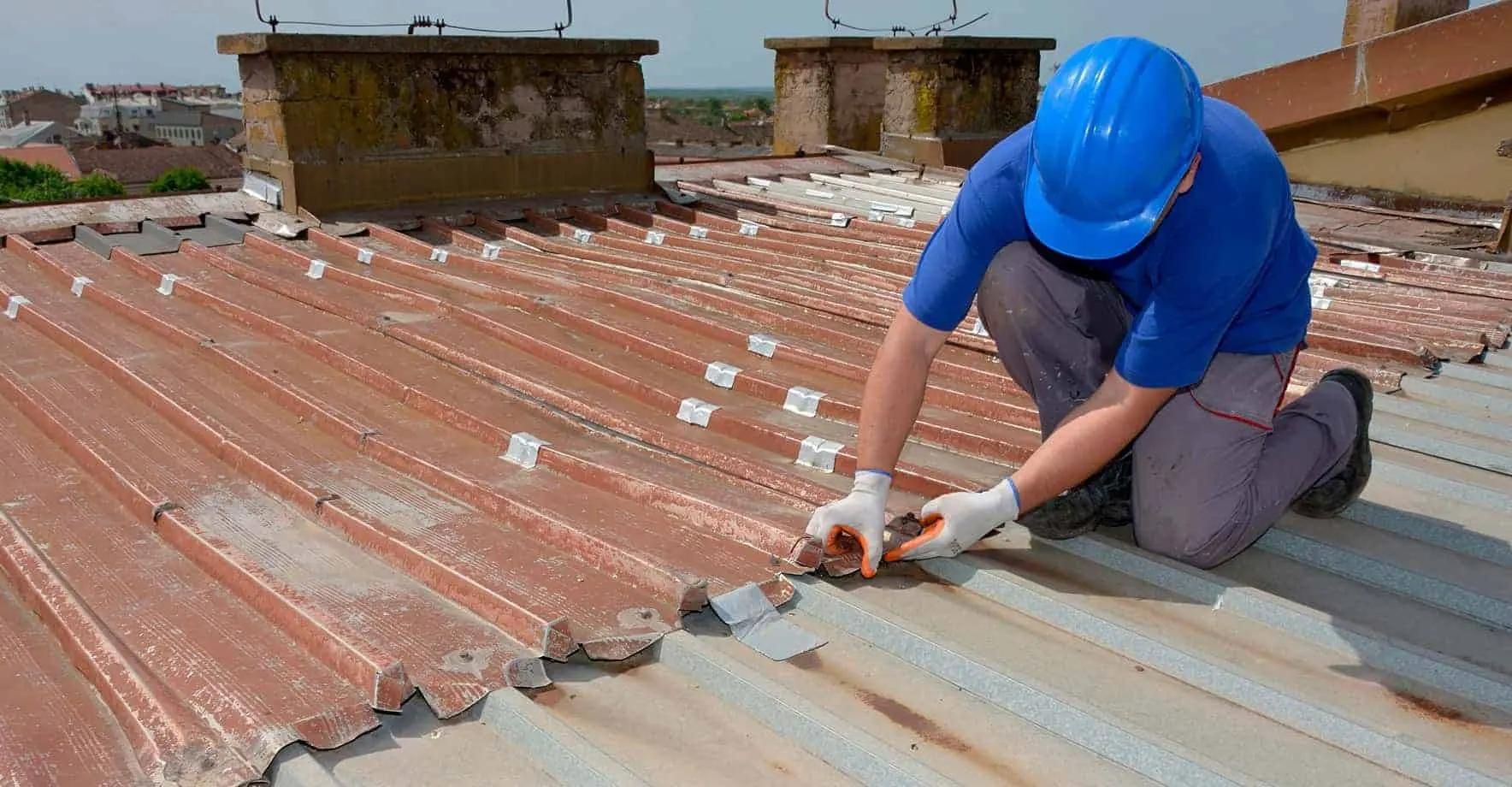
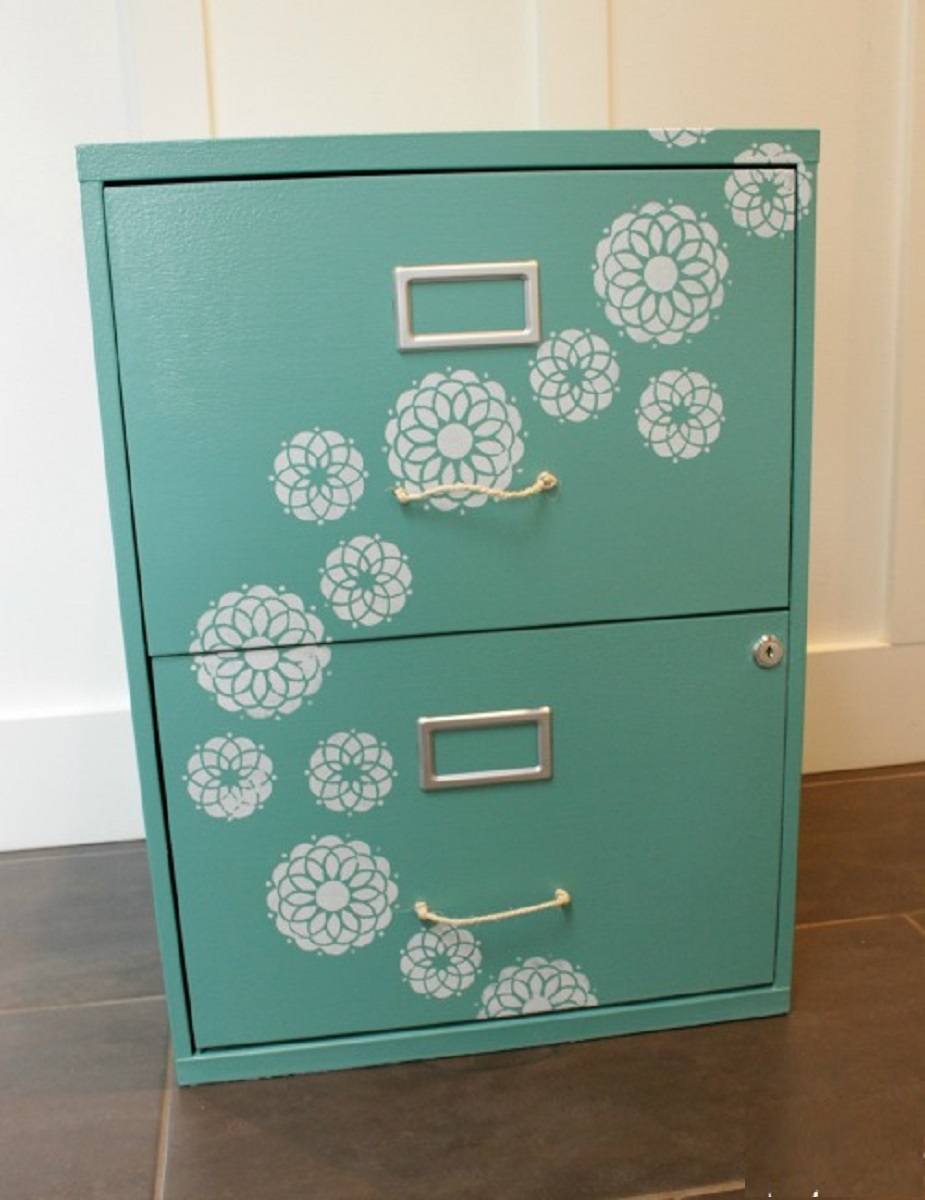
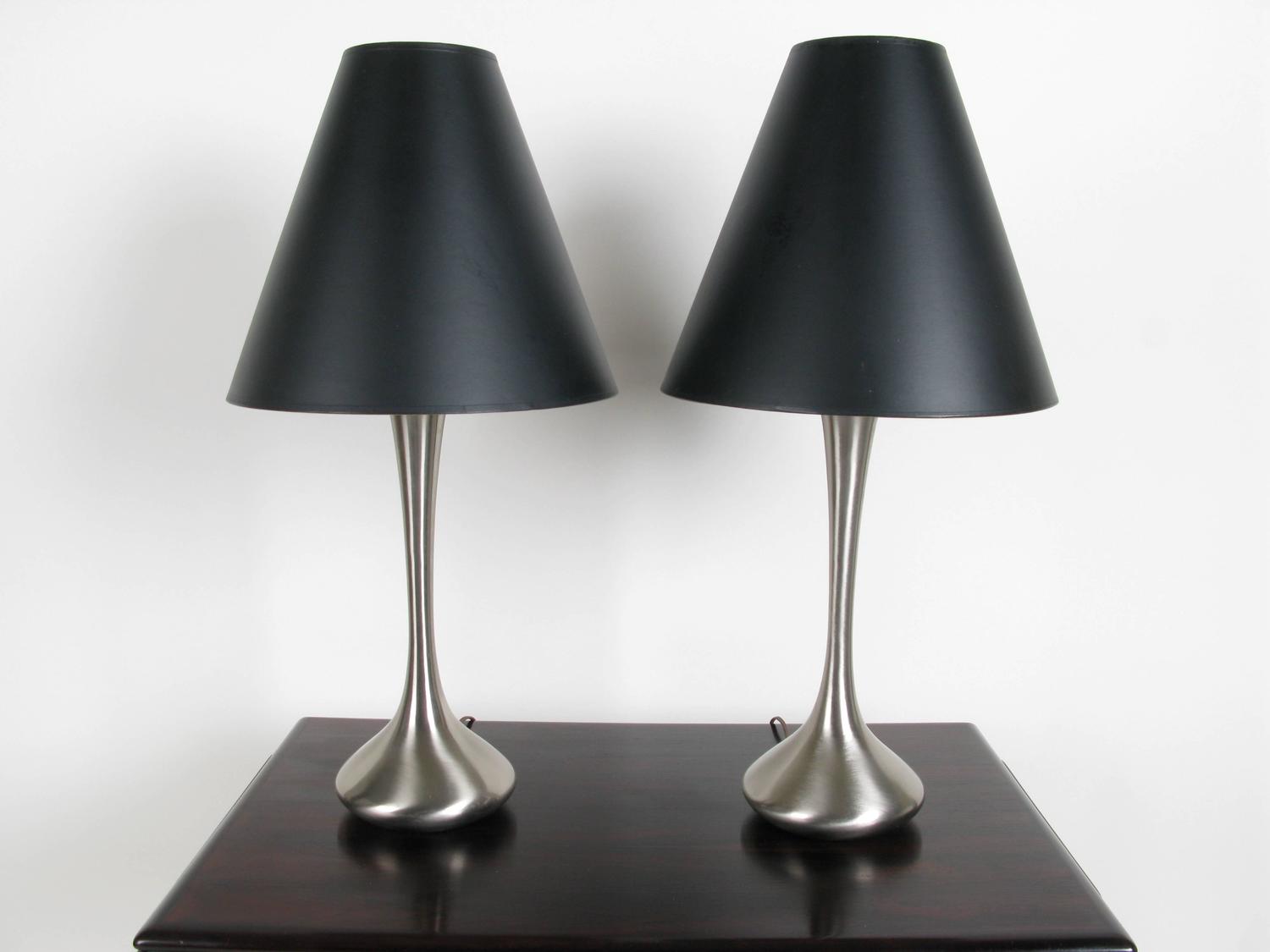
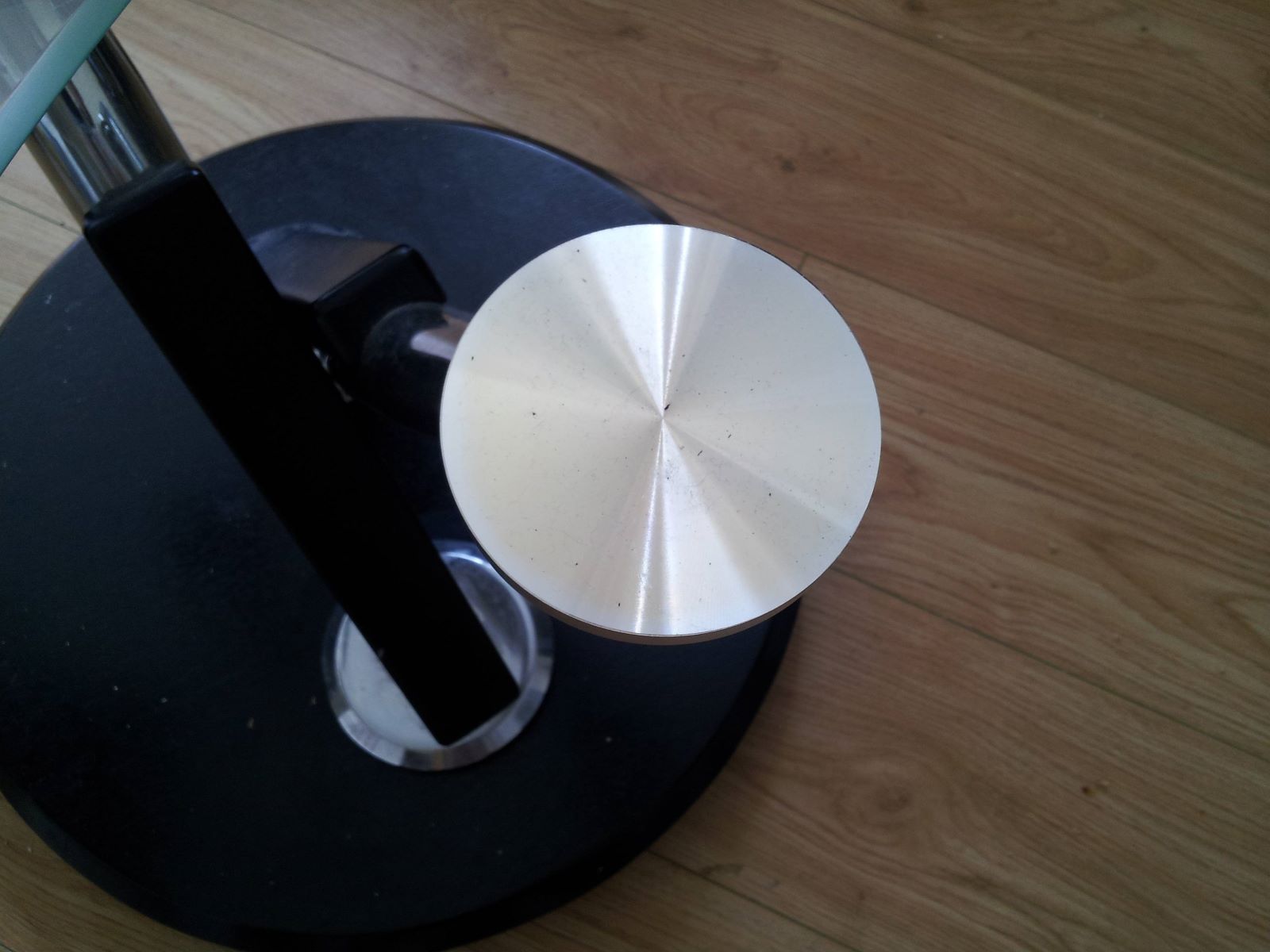
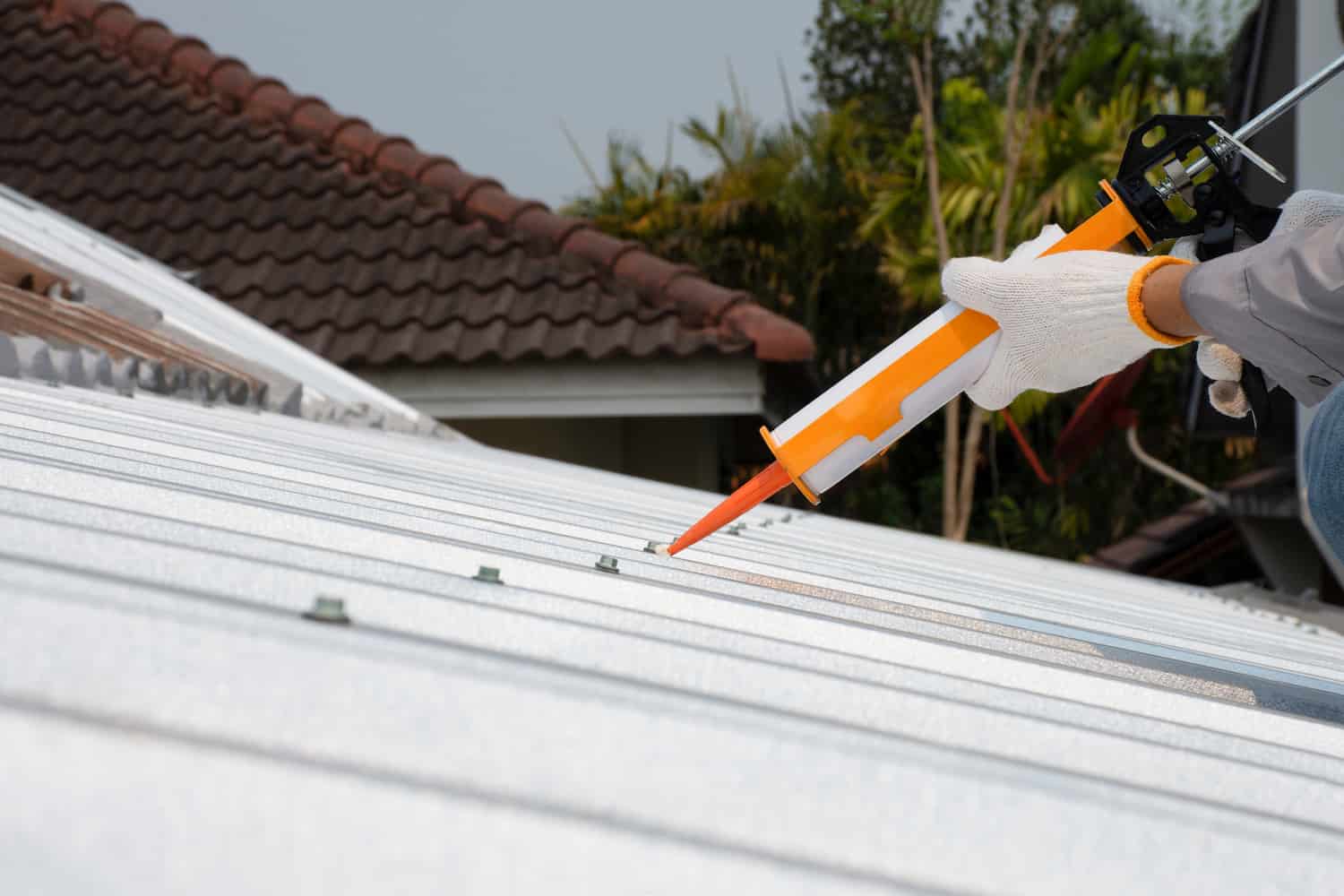
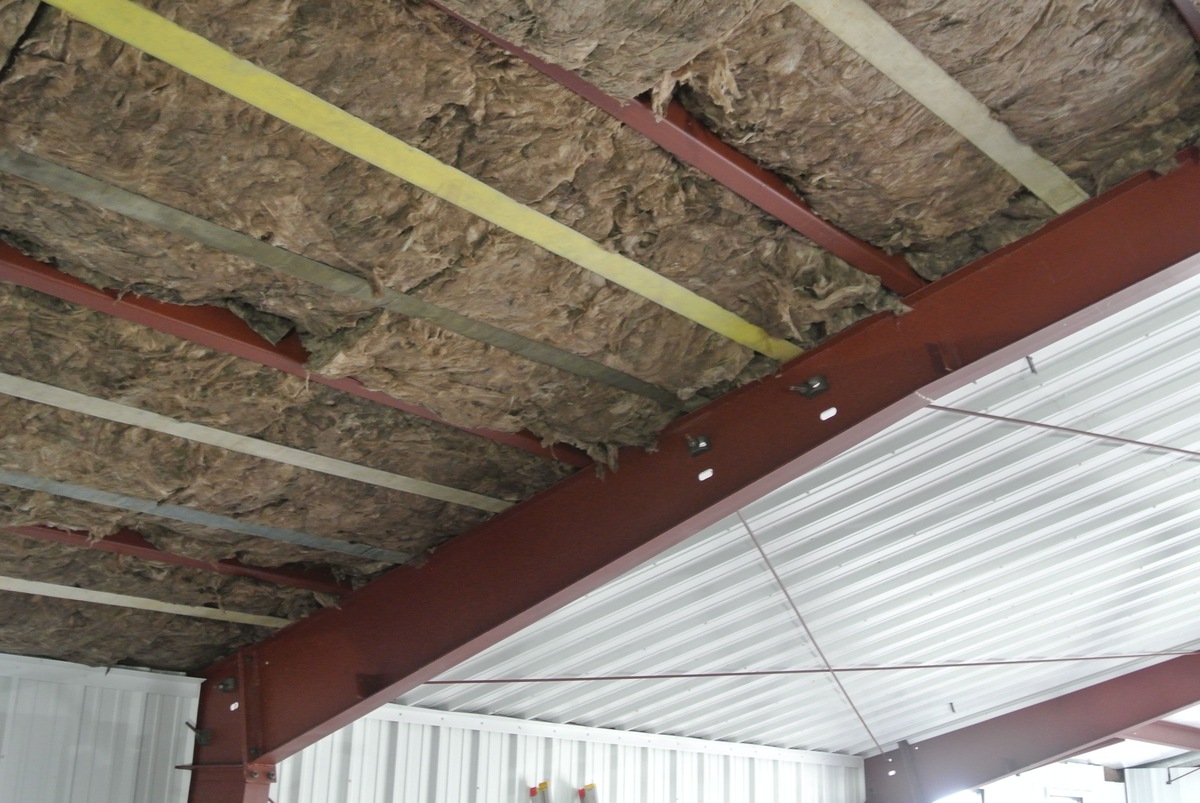
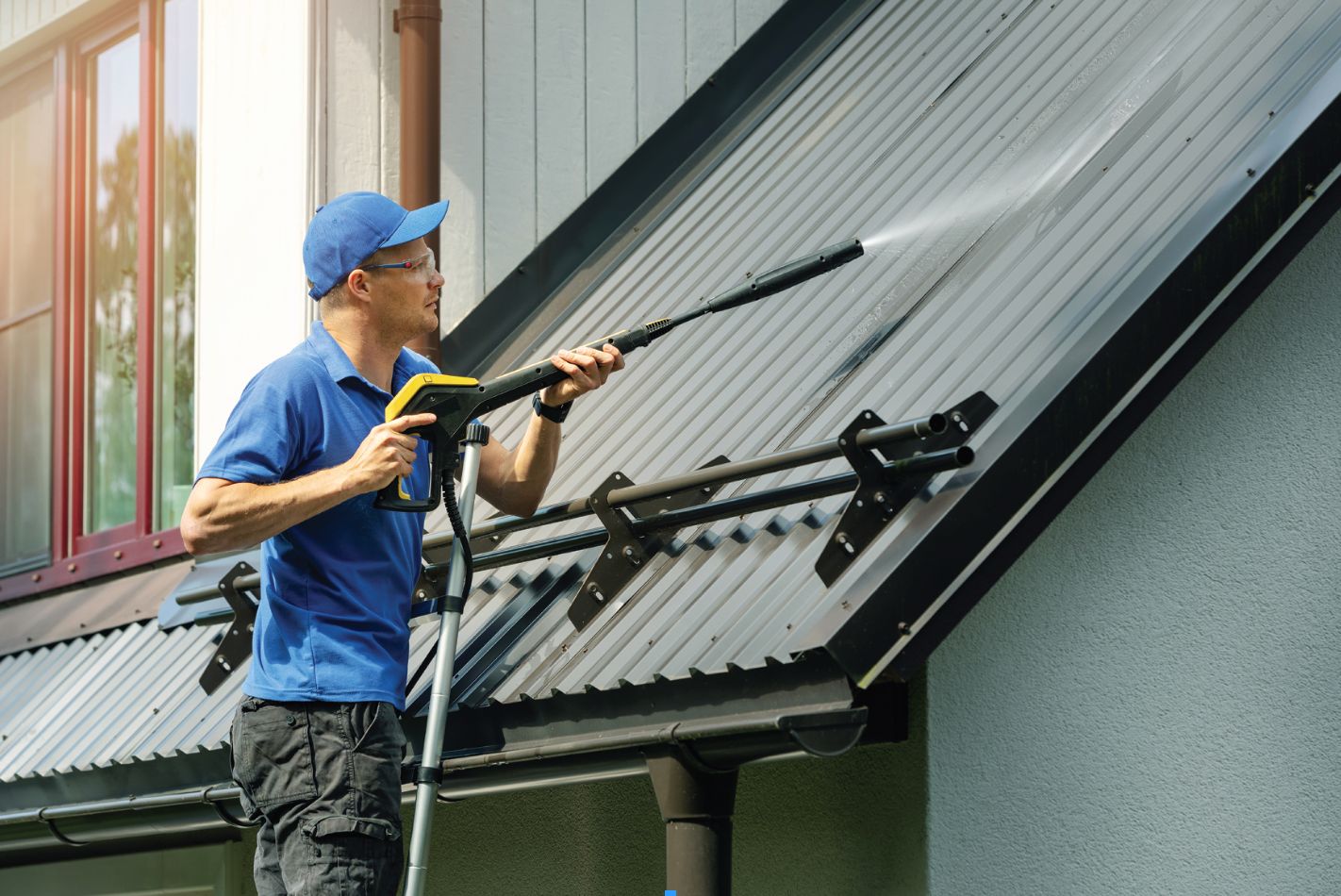
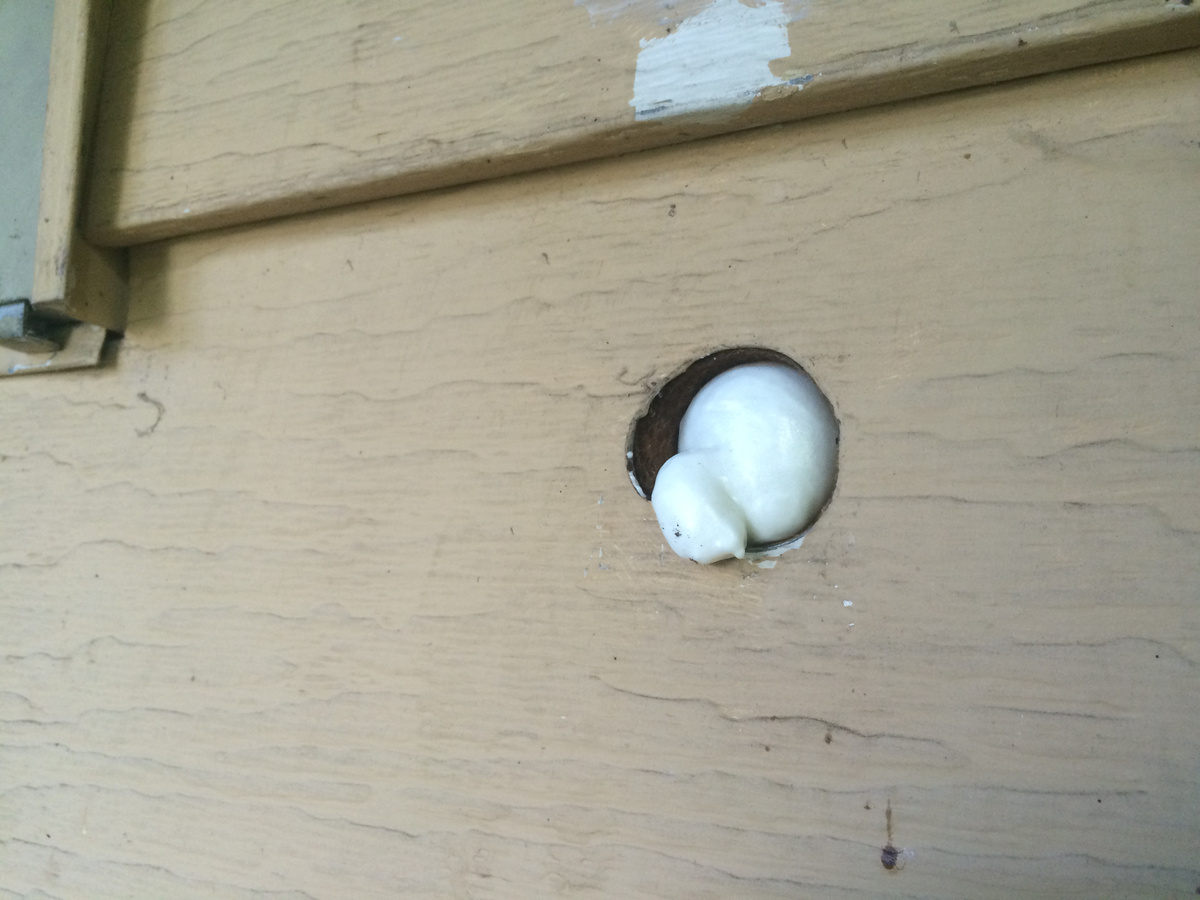

0 thoughts on “How To Store Precious Metals”